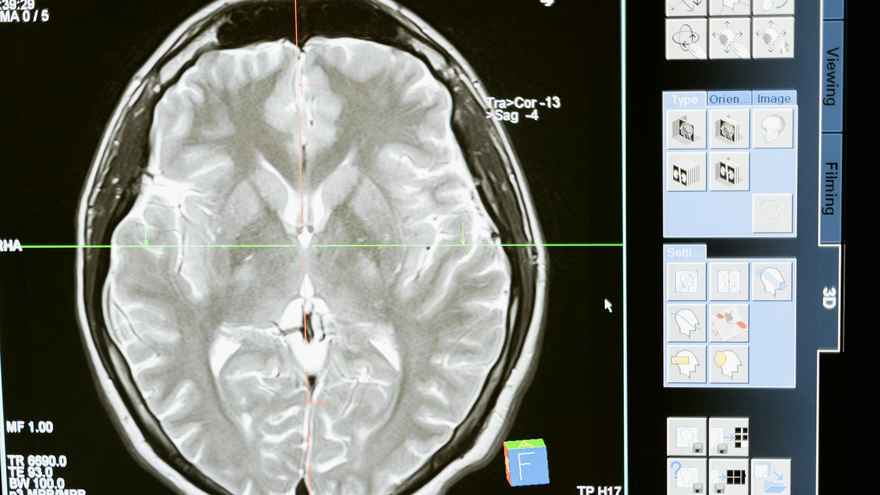What Is the Mechanism of Action of Hypnosis?

The mechanism of action of hypnosis refers to the specific biological and psychological processes that underlie the effects of hypnosis on the brain and behaviour. While the exact mechanisms of hypnosis are still not fully understood, research has identified several key factors that are thought to contribute to its effectiveness. 🧠🔍
Some of the main mechanisms of action of hypnosis include:
Suggestion and expectancy: Hypnosis often involves the use of suggestions and imagery to facilitate desired changes in thoughts, feelings, and behaviours. These suggestions are thought to engage the brain's expectancy and belief systems, creating a self-fulfilling prophecy that can lead to actual changes in experience and behaviour.
Dissociation and absorption: Hypnosis can induce a state of dissociation, in which individuals become less aware of their surroundings and more absorbed in their internal experience. This dissociation is thought to involve a disconnection between different brain regions and networks, particularly between the prefrontal cortex and other areas involved in self-awareness and cognitive control.
Neuroplasticity: Hypnosis may also engage neuroplastic processes in the brain, facilitating long-term changes in neural structure and function. By repeatedly engaging specific brain regions and networks through hypnotic suggestion and imagery, individuals may be able to "rewire" their brains in ways that support desired changes in thoughts, feelings, and behaviours.
Psychophysiological effects: Hypnosis has been shown to have a range of psychophysiological effects on the body, including changes in heart rate, blood pressure, and immune function. These effects are thought to be mediated by the autonomic nervous system and other physiological systems that are influenced by the brain's emotional and cognitive processes.
Placebo effects: Some of the effects of hypnosis may also be attributable to placebo effects, in which individuals experience positive changes in their symptoms or behaviours simply because they believe that the hypnosis will be effective. These placebo effects are thought to involve the brain's reward and expectancy systems, as well as other psychological and social factors.
It is important to note that these mechanisms of action are not mutually exclusive and may interact in complex and dynamic ways to produce the overall effects of hypnosis. Additionally, individual differences in brain structure and function, as well as the specific techniques and suggestions used by the hypnotist, can influence the nature and extent of these mechanisms.
By understanding the mechanisms of action of hypnosis, researchers and practitioners can develop more targeted and effective interventions for a range of psychological and physical health conditions. However, it is important to approach hypnosis with a critical and informed perspective and to seek out qualified and experienced practitioners who use evidence-based techniques and follow established ethical guidelines. 🌟 #MechanismsOfHypnosis #TargetedHypnoticInterventions #EvidenceBasedPractice #pobinsider

0 comments
Leave a comment
Please log in or register to post a comment